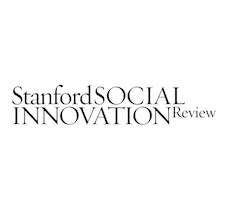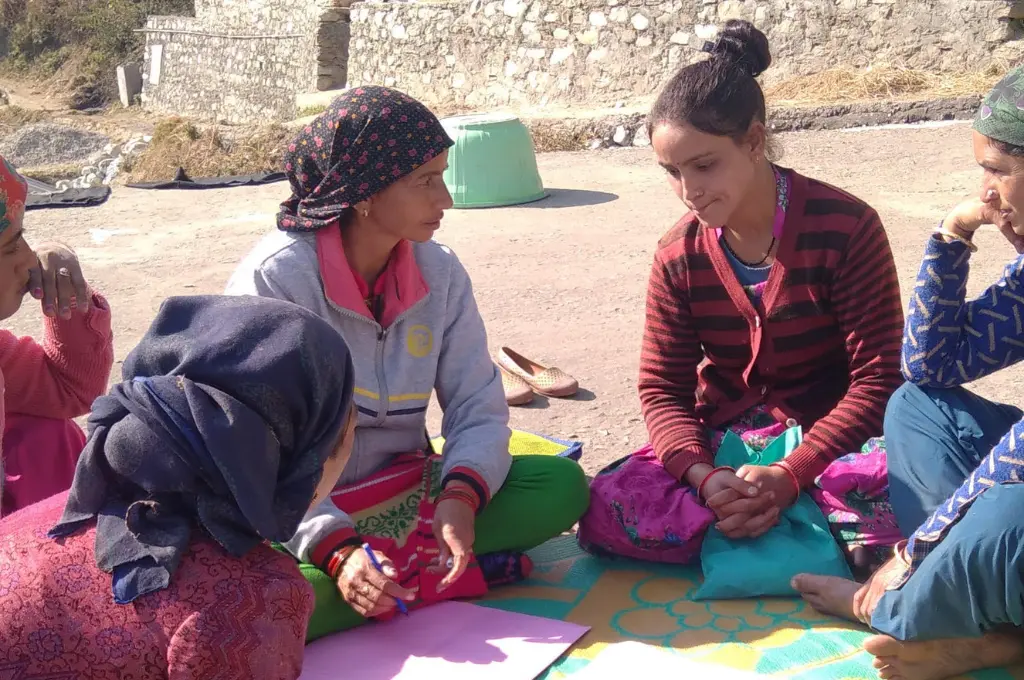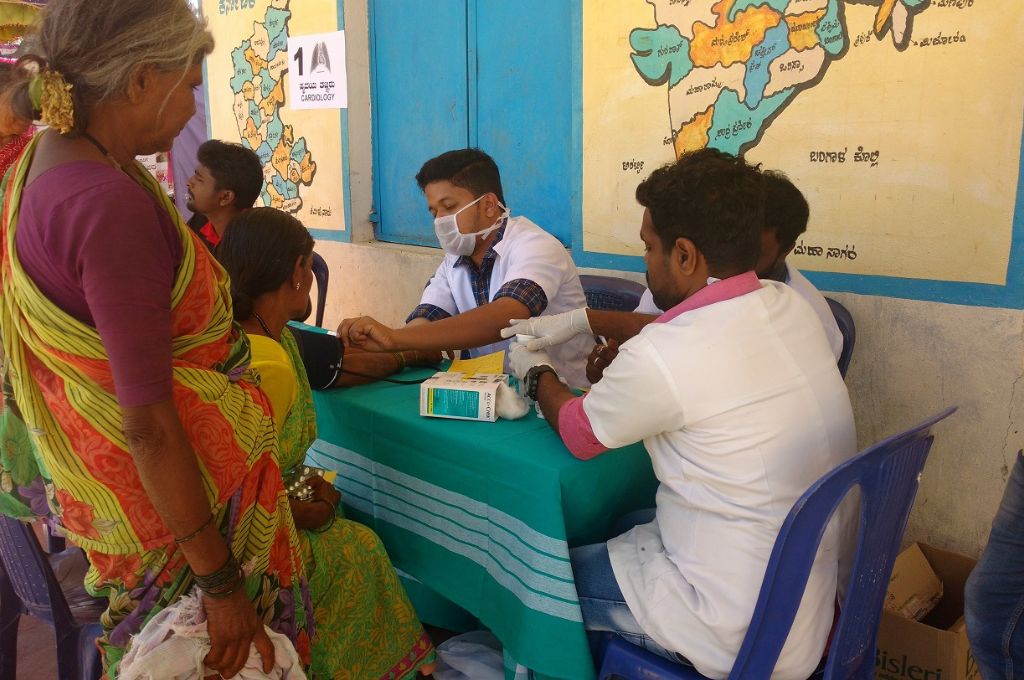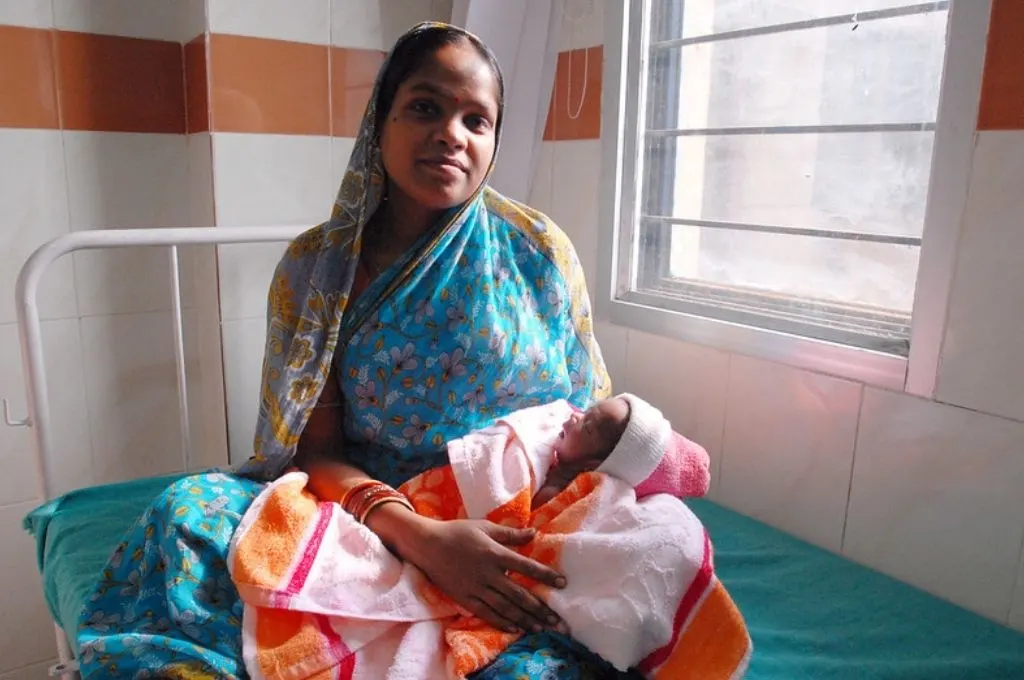“There is a lack of knowledge around the early warning signs of burnout in frontline work. The question has been how do we get (frontline workers), not how do we take care of them and develop them over time? If I’m a Rwandan nurse working on cancer (or) HIV care in a place with very modest resources, how much death can I see before I can’t take care of my family, can’t go to work? Or if I’m a Haitian community health-care worker, how much starvation can I see without respite? We haven’t studied that well.”— Gary Gottlieb, CEO, Partners In Health.
Disaster relief workers, activists, social entrepreneurs, health-care providers, teachers, and others actively weaving the healthy, just, and caring fabric of our society live and work at the heart of great challenges. But even as these change makers find solutions and make progress, many are burning out and experiencing a host of personal challenges such as depression, divorce, and the early onset of chronic disease. Behind the scenes, many agents of change—at all organizational levels and in regions all over the world—are struggling. At the same time, we are far from meeting the social and environmental challenges of our day; we need to unlock more collaboration and more innovation. Finding ways to address the personal challenges change makers face is therefore important not only because it matters in and of itself, but also because it has the potential to drive more effective social change.
This is an excerpt from the article Connecting Individual and Societal Change by Linda Bell Grdina, Nora Johnson, and Aaron Pereira.
This article is a part of a special series on the connection between inner well-being and social change, in partnership with The Wellbeing Project, Stanford Social Innovation Review, Schwab Foundation at the World Economic Forum, and Skoll Foundation.





